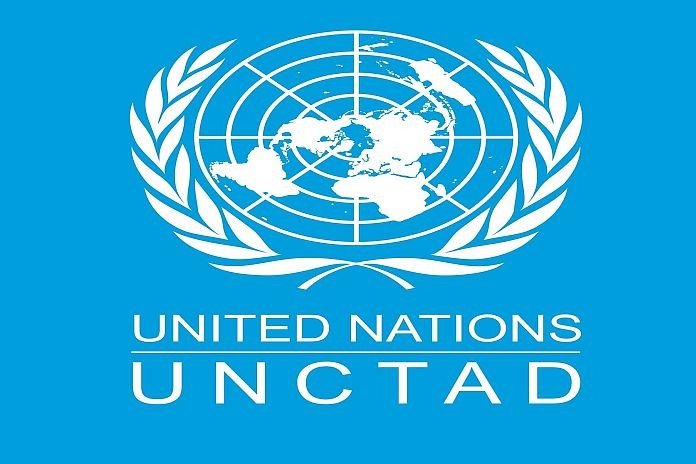GENEVA, Switzerland – Ministers, policymakers, heads of international organizations and leading experts will examine how science, technology and innovation can help the world recover better from the COVID-19 pandemic during 25th session of the UN Commission on Science and Technology for Development from 28 March to 1 April in Geneva and online.
The sessions will focus on the themes of “Industry 4.0 for inclusive development” and “Science, technology and innovation for sustainable urban development in a post-pandemic world”.
UNCTAD Secretary-General Rebeca Grynspan will lead a high-level roundtable discussion on science, technology and innovation policies, solutions and research priorities relevant to the Sustainable Development Goals. The discussion will be livestreamed on UN Web TV on 28 March at 2.30 p.m. CET.
“We need to make changes in international relations in science, technology and innovation so that developing countries can benefit from technology to achieve the Sustainable Development Goals,” Grynspan said.
She added: “Developing countries need more opportunities to participate in international research networks, increased funding for research and more support for technology upgrading and transfer, particularly in support of post-COVID-19 recovery efforts.”
Conversation with great minds
The commission will also feature a conversation with four distinguished academic scholars in science, technology, innovation and socioeconomic development, who will provide thought-provoking insights on these topics.
They are Yoshua Bengio, artificial intelligence scientist and 2018 Turing Prize laureate; Shoshana Zuboff, a renowned scholar of the digital revolution and its economic, social and political impacts; Daron Acemoglu, an influential researcher on political economy issues; and Carlota Perez, a leading specialist in the field of technological change and its economic and social consequences. Their conversation will be livestreamed on UN Web TV on 28 March at 3.30 p.m. CET.
Other speakers during the commission will include Ambassador Collen Vixen Kelapile (Botswana), president of the UN Economic and Social Council; Maimunah Mohd Sharif, executive director of the UN Human Settlements Programme; and Hiroshi Kuniyoshi, deputy to the director-general of the UN Industrial Development Organization.
The commission will also review the progress made in the implementation of and follow-up to the outcomes of the World Summit on the Information Society at the regional and international levels and hear presentations on ongoing science, technology and innovation policy reviews by UNCTAD.
Tapping into the technological revolution
New and emerging technologies represent a $350 billion market, which by 2025 could grow to over $3.2 trillion, according to UNCTAD’s groundbreaking Technology and Innovation Report 2021, which outlines how developing countries can benefit from the current technological revolution to reduce gaps that hold back inclusive and sustainable development.
“Industry 4.0 makes it crucial for developing countries to push for diversification and increasing manufacturing competency,” said Shamika N. Sirimanne, UNCTAD’s director of technology and logistics.
“To ensure that they do not miss this wave of technological change, countries need to mobilize investment in digital infrastructure, build workforce skills, develop ethical frameworks and guidelines for industry 4.0 technologies and international exchange of knowledge and experiences,” she added.





